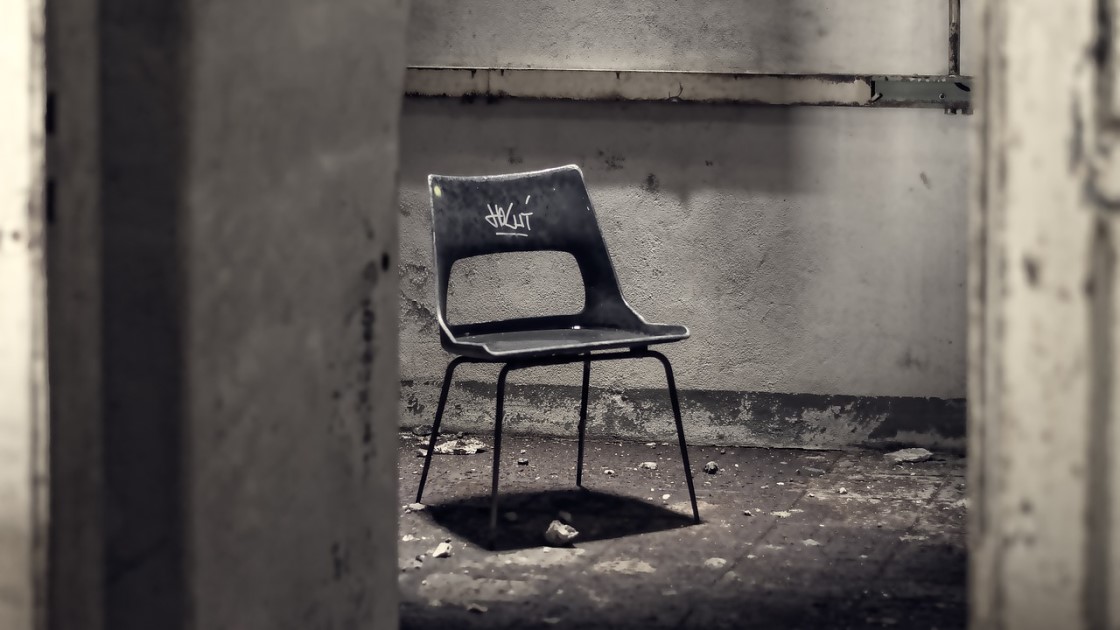Forty years ago, on 10 December 1984, the United Nations General Assembly adopted the Convention against Torture and Other Cruel, Inhuman or Degrading Treatment or Punishment. The Convention entered into force on 26 June 1987, and since then, this date has been marked as the International Day in Support of Victims of Torture.
Under the Convention, State Parties are obligated to take all necessary legislative measures to prevent torture within their jurisdiction (Art. 2), and not to expel or extradite a person to another State where there are substantial grounds for believing that they would be in danger of being subjected to torture (Art. 3). Over the years, the international framework for combating torture has advanced significantly, and the absolute prohibition of torture and other cruel, inhuman or degrading treatment or punishment has become a legal consensus, recognized as a jus cogens norm.
The Convention provides a broad definition of the absolute prohibition of torture and clearly states that no exceptional circumstances—such as a state of war, political instability, or any other public emergency—may be invoked to justify acts of torture. Based on the Convention, the UN Committee against Torture was established to monitor the implementation of State obligations to combat torture, ensure accountability through effective investigations, and provide protection and support to victims of torture. Additionally, the United Nations Special Rapporteur on Torture and the United Nations Voluntary Fund for Victims of Torture contribute to support for victims.
The entry into force of the Optional Protocol to the Convention in 2006 gave new impetus to the prevention of torture by establishing a system of regular, independent visits by oversight bodies to places of deprivation of liberty, as a key safeguard against abuse. The Optional Protocol broadened the approach to combating torture, going beyond effective investigations and prosecution of perpetrators and adequate support to victims, by emphasizing prevention. This includes regular and unannounced visits to places where individuals are or may be deprived of liberty, to identify possible risks of torture and issue recommendations aimed at eliminating those risks and protecting persons deprived of liberty. At the international level, the UN Subcommittee on Prevention of Torture was established, while at the national level, pursuant to the Optional Protocol, National Preventive Mechanisms (NPMs) were set up. In the Republic of Croatia, the Croatian Parliament adopted the Act on the National Preventive Mechanism for the Prevention of Torture and Other Cruel, Inhuman or Degrading Treatment or Punishment on 28 January 2011, designating the Ombudswoman as the body responsible for performing NPM tasks in Croatia.
The synergy between international and national bodies is essential to achieving greater protection of the rights of persons deprived of liberty and ensuring their proper treatment in places where they are or may be held, including situations of de facto deprivation of liberty. Article 4 of the Optional Protocol defines jurisdiction over places where persons may be deprived of their liberty. In this context, the UN Subcommittee on Prevention of Torture has this year issued a commentary that provides a clear and comprehensive definition of places of deprivation of liberty, including what constitutes de facto deprivation of liberty—such as public and private institutions where individuals are held without their will and consent.
Persons deprived of liberty are among the social groups most at risk of torture and other cruel, inhuman or degrading treatment or punishment. This risk is particularly high during the initial hours of detention, arrest, or other forms of deprivation of liberty, when there is a heightened danger of the intentional infliction of severe pain and suffering for a specific purpose, either by or with the consent of state authorities.
This is why cooperation between international and national bodies is of particular importance, as their joint efforts and recommendations aim to ensure an effective fight against torture in places of deprivation of liberty, and serve as the basis for the conclusions of the UN Committee against Torture.
More information on the work of the Ombudswoman as the National Preventive Mechanism can be found in the Ombudswoman’s 2023 Annual Report, in the chapters:
- Police System (NPM activities: Visits to police stations and detention units)
- Applicants for International Protection and Irregular Migrants (NPM visits)
- Prison System (NPM activities in the prison system)
- Persons with Mental Disorders with Restricted Freedom of Movement (NPM activities: Visits to psychiatric institutions)
- Rights of Older Persons (Visits to homes for older persons and persons with disabilities)


